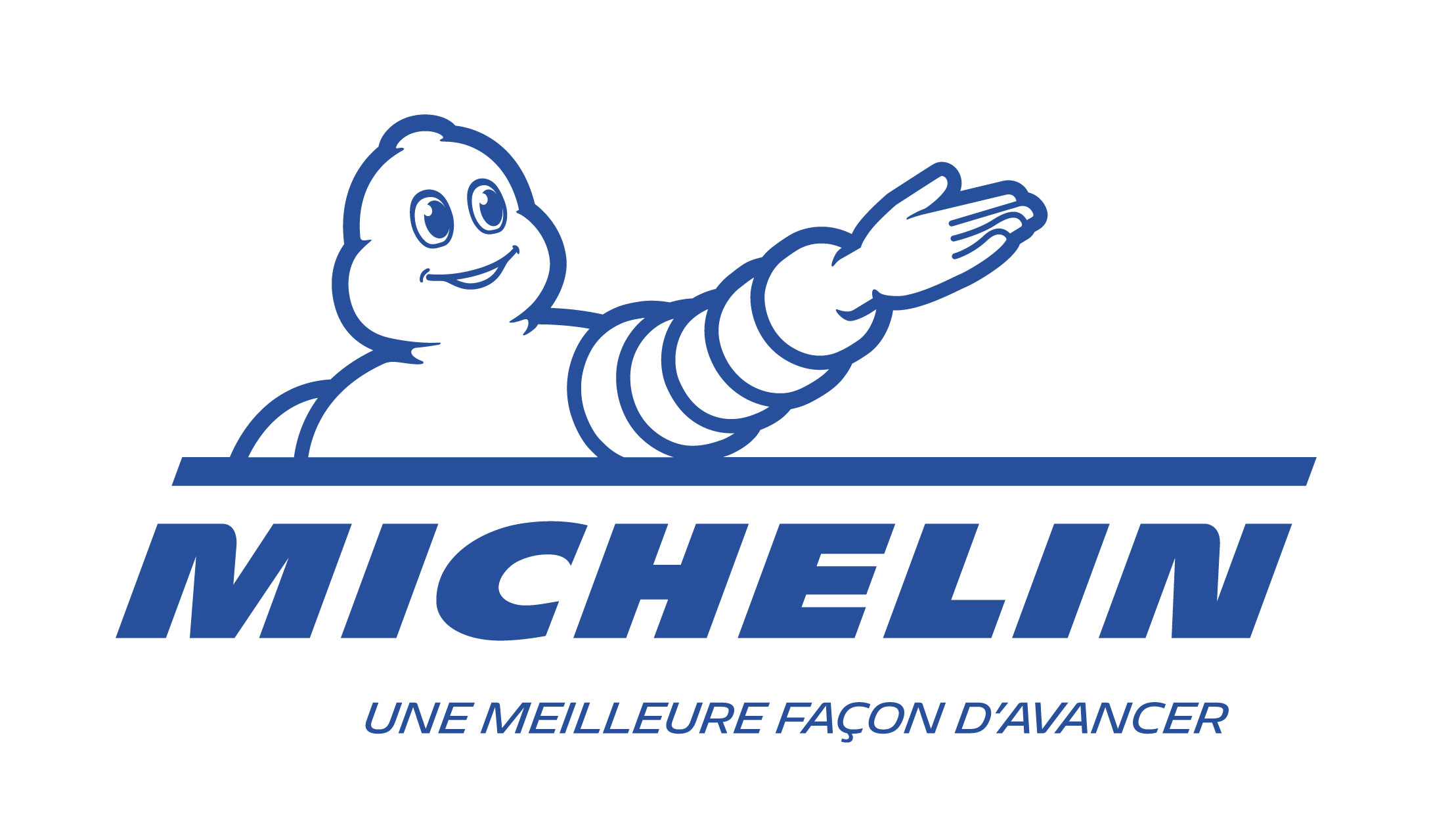News & Monitoring
Michelin is accelerating its ecological transition with FRET21
Category: portraits | Published on : 4/03/21
PORTRAIT
The tyre manufacturer has joined the FRET21 scheme with an ambitious reduction plan.
To achieve this, Michelin is reviewing its transport plans and is banking on a large-scale modal shift.
15,150 fewer vehicles on the road each year... Michelin's objective, set as part of the FRET21 initiative, is ambitious. Ambitious for the amount of GHG emissions avoided (12,500 tonnes of CO2e), but also for the context in which it is set. The tyre manufacturer's logistical schemes are indeed difficult to reorganise with a view to reducing the carbon footprint. Factories on four continents, customers all over the world, products manufactured with hundreds of components shipped from all over the world, addressed sectors often operating on a just-in-time basis... In Europe, for its internal flows (between its factories or between factories and distribution centres), Michelin has 3,200 different links. Transport flows are therefore numerous and complex. The logistics and supply chain purchasing teams have nevertheless accepted the challenge of reorganising them as part of an ambitious CSR policy.
Blocktrain in particular...
In order to achieve its objective of reducing GHG emissions by 2022, Michelin has started by putting a Blocktrain on the rails between its factory in Olsztyn, Poland, and the Ludwigshafen terminal in Germany. This 36-car block train, chartered by MIRATRANS, one of Michelin's Polish partner carriers, will deliver to the distribution centres in Landaü (Germany), Clermont-Ferrand and Rouvignies (France). With a first round trip in 2019, Michelin expects to load a hundred trains every year, which means nearly 5,000 fewer trucks on the road. This new mode of transport, a flagship action instigated by logistics purchasing, has required a daily commitment from the teams to ensure its efficiency and operational excellence.
...and modal shift in general
In addition to this project, Michelin has also accelerated its use of combined transport. Before we joined the FRET21 scheme, modal shift represented 1% of our transport flows," explains Geraud Pellat de Villedon (CSR for the Supply Chain). Our ambition now is to increase this proportion to 5% by 2022. To reduce the number of trucks travelling between Italy, France and Great Britain, Michelin will use the Orbassano-Calais rail motorway to deliver to its distribution centres and customers in France, Benelux and Great Britain. Michelin will use the same modal shift for its flows between Italy and Germany on the Novarra - Freiburg line and between Romania and Germany on the Oradea -Stuttgart line. Between blocktrains and combined transport, Michelin is paving the way for rail. Shortsea transport has not been forgotten. 100% of the flows from the Spanish factories to Turkey are now made by sea, and 4 links between Spain and Great Britain will also be set up.
Michelin is also working on new trucks
In addition to modal shift, Michelin is committed on another front: the loading capacity of its trucks. " We are testing in Spain, with one of our transporters, an Eco-Combi - a truck with two trailers - which doubles the loading capacity (200 m3) compared to a "classic" truck", explains Denis Brangeon (Logistics Purchasing). In the same vein, action is underway to obtain authorisation for this type of 32-metre truck to be used on the French market. This type of vehicle allows more goods to be transported in convoys," explains Geraud Pellat de Villedon. It is true that more powerful engines are needed to pull more weight, but polluting emissions are still lower than if two trucks were needed for the same tonnage.
However, Michelin is also considering deploying electric trucks for certain routes, which require limiting noise pollution. In Germany, for example, on the route between the Karlsruhe factory and the Landaü logistics centre, which passes through residential areas, Michelin will test a 44-tonne DAF CF ELECTRIC truck.
A global strategy to advance its eco-system
All of these actions FRET21 are fully integrated into Michelin's CSR policy. The Group also joined the SBTI (Science Based Targets Initiative) in 2017. This initiative, which brings together partners from the public (the United Nations Global Impact programme) and private (WWF, the World Resources Institute, the CDP) worlds, aims to identify science-based targets for "ambitious climate action" in the business world. " We have committed to reducing CO2 emissions from all our logistics by 15% between 2018 and 2030," explains Geraud Pellat de Villedon. FRET 21 values the weight of the different levers and "allows Michelin to publicise the efforts of its logistics and supply chain purchasing teams in Europe in the field of decarbonising transport".
For Michelin, the FRET21 approach is also a way of showing its commitment to its transport service providers. " We want to encourage our French transporters to be increasingly "green". By 2022, we want 75% of them to be involved in a programme such as Objectif CO2, with at least half of them being charters," says Denis Brangeon.



